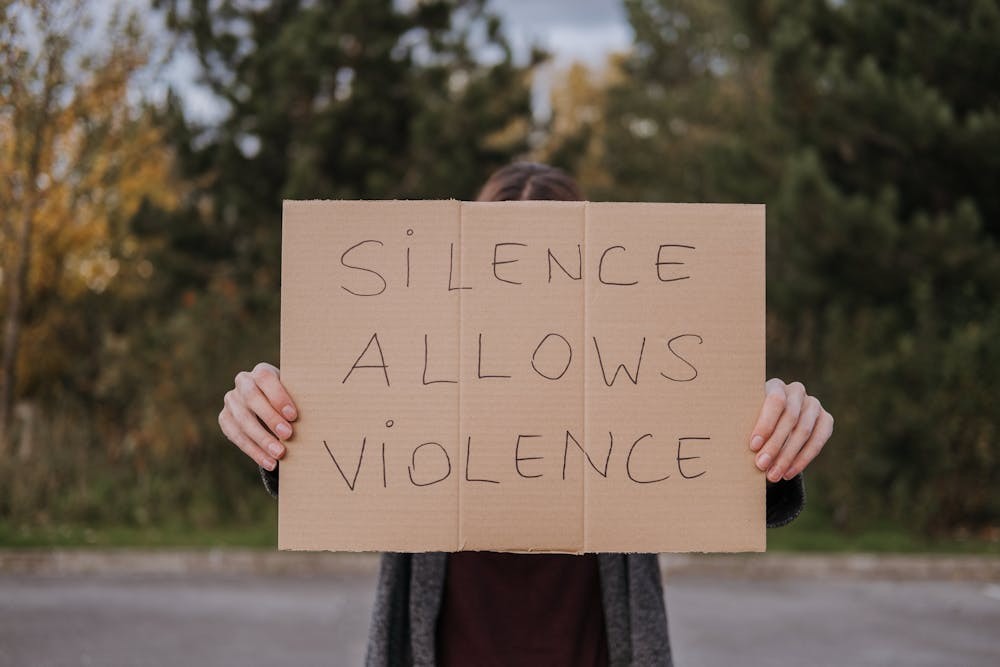The Canary Collective has written Systemic grooming and the illusion of care, a piece that captures, with devastating precision, what many educators and parents have felt but could rarely name: the way institutional systems cultivate obedience through the slow corrosion of self-trust. It describes how loyalty becomes a leash, how “teamwork” becomes surveillance, and how silence is sanctified as professionalism.
Like any grooming process, it begins by identifying a vulnerable target. Perhaps someone new, eager, idealistic, or struggling. The system builds what appears to be a supportive relationship. It praises loyalty, offers mentorship, and makes the teacher feel chosen, valued, and even special. It frames compliance as collaboration and silence as professionalism. Teachers are told they’re “team players,” that they can be trusted, that they “understand how things really work.” It feels good, even safe, to be included. That’s how it begins.
The Canary Collective
For those of us who have lived through this from the parent’s side — witnessing the same choreography of praise, containment, and blame — the resonance is electric. We have long described the grooming of families into polite complicity. This essay shows that teachers, too, are conditioned through the same machinery of fear and flattery.
The system feeds on exhaustion and doubt. It praises self-sacrifice and punishes discernment. It convinces good people that endurance is virtue. And every time someone speaks, it reminds the rest what happens when you do.
When teachers question the system itself, when they name inequity, exclusion, or harm, the tone shifts. They’re threatened with disciplinary action, accused of insubordination, or quietly transferred to another school. Teachers fear retaliation in a variety of ways, especially those who are disabled themselves or who have children in the system. The stakes are higher for them, not just professionally, but personally.
The Canary Collective
Read the full piece on The Canary Collective →
-
Epistemic silencing of disabled children’s primary caregivers
Epistemic silencing in BC schools discredits mothers’ knowledge, reframes advocacy as aggression, and erases disabled children’s pain, leaving families punished for truth.
-
Raised inside the broken home of public education
Every society tells itself that public schools are good homes for children. We picture safety, fairness, and care distributed through the hallways like sunlight. Yet affection without protection becomes a kind of gaslight, and the insistence that everyone inside means well becomes a…









